|
The Past-Future of Cybernetics

Vienna 2003
A presentation that draws connections across the work of Heinz von Foerster, Gordon
Pask, and Humberto Maturana.
Download [6MB PDF] a version of the paper, now available in the book, An Unfinished Revolution?
An
abstract and outline of the talk are given below, and there are
a few video clips used during the presentation given at the symposium.
Abstract
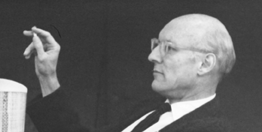 To speak "Biological
Computer Laboratory" also speaks "Heinz von Foerster."
To invoke von Foerster also invokes the BCL community that he
gathered through his unerring identification of original thinkers
and his unparalleled clarity about second-order cybernetics.
Having chosen well his lab's collaborators, von Foerster contributed
seminal thinking that became foundations and superstructures
for theoreticians great and small of the generations that followed. To speak "Biological
Computer Laboratory" also speaks "Heinz von Foerster."
To invoke von Foerster also invokes the BCL community that he
gathered through his unerring identification of original thinkers
and his unparalleled clarity about second-order cybernetics.
Having chosen well his lab's collaborators, von Foerster contributed
seminal thinking that became foundations and superstructures
for theoreticians great and small of the generations that followed.
What contributions to cybernetics were rooted in the BCL?
What insights did von Foerster himself offer, such that his collaborators
could stand tall on his shoulders and see more? With the benefit
of twenty-five years' hindsight, the speaker will analyze the
published outcomes of the BCL and conjure a picture of von Foerster's
influence on collaborators such as Gordon Pask and Humberto Maturana.
A post hoc construction drawn from personal relationships
with the protagonists, the talk will offer a unification of major
threads of cybernetics, its concepts of memory, organizational
closure and circularity, and show how von Foerster is inextricably
woven in.
- Paul Pangaro, Vienna, November 2003
Outline
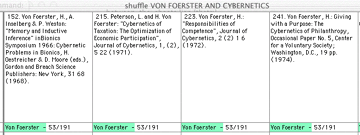
- Disciplines
- Difficulty with memorization
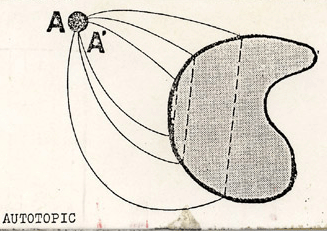
- Eigen functions
- Computing a stable state
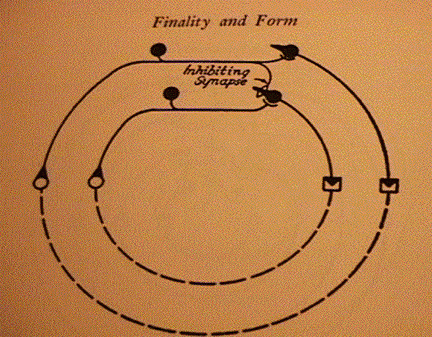
- Calculations of a physicist
- Looping physiology
- Warren McCulloch
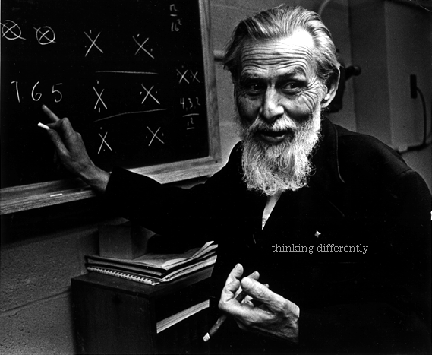
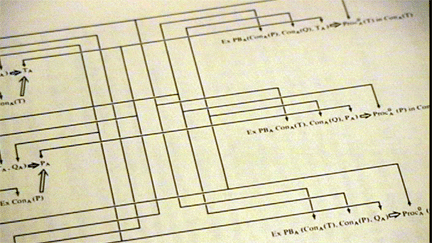
- Stability
- Concept repertoires
- Gordon Pask
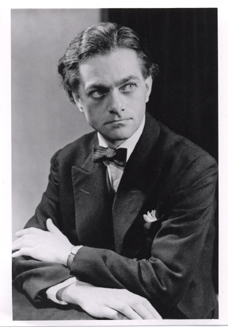

- Coherences
- Structural coupling
- Humberto Maturana
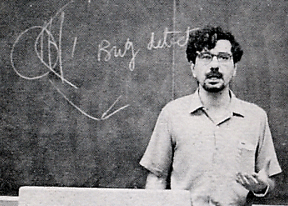
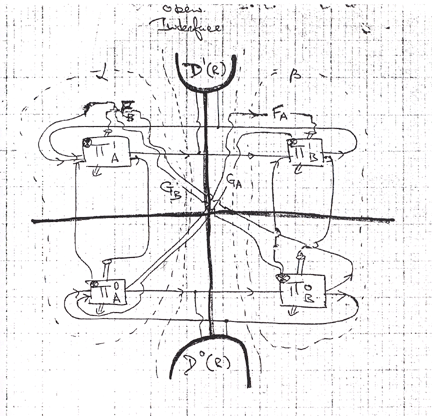
- Interaction
- Seeing ourselves through the eyes of the other
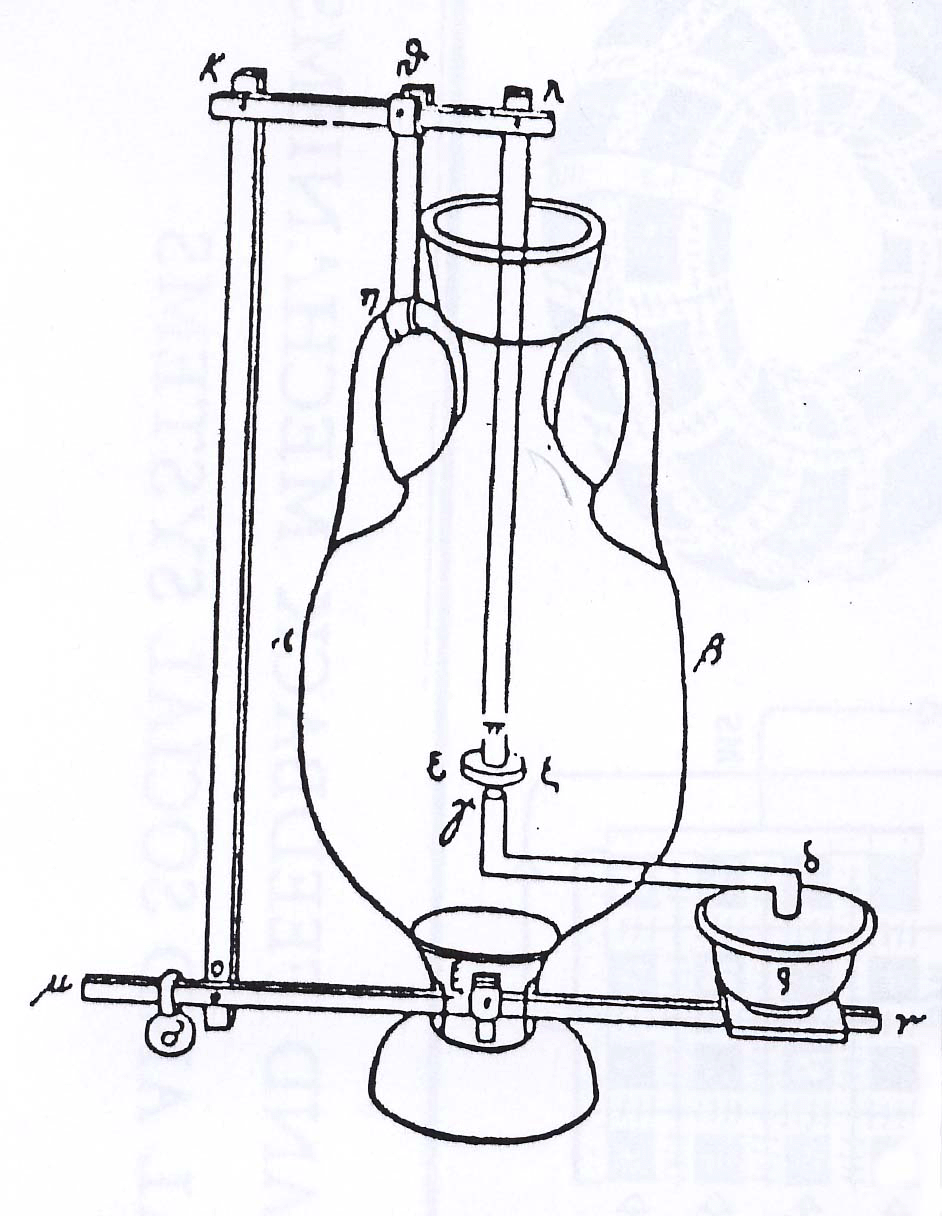
- Question 1. What may cybernetics offer in calculating
systemic tradeoffs regarding the environment and our well-being?
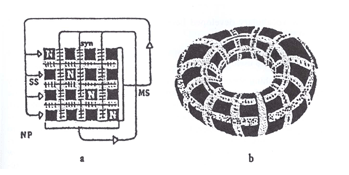
- Question 2. How may we interpret computational engines
as substrate for interacting with our selves and other humans
such that we are not reduced to trivial machines?
      |